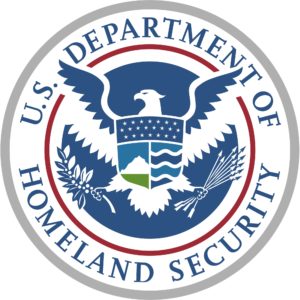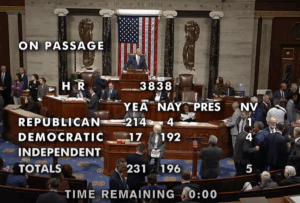
DHS Awards University Consortium $2M to Bolster Cyber Workforce The Department of Homeland Security Science and Technology Directorate, in partnership with the Cybersecurity and Infrastructure Security Agency (CISA), has awarded $2 million to the Critical Infrastructure Resilience Institute (CIRI) to develop a plan for a national network of cyber security institutes to help build the nation’s cyber workforce. CIRI is led by the Univ. of Illinois at Urbana-Champaign and includes Auburn Univ., Purdue Univ. and the Univ. of Tulsa. “CISA…

 By
By 











